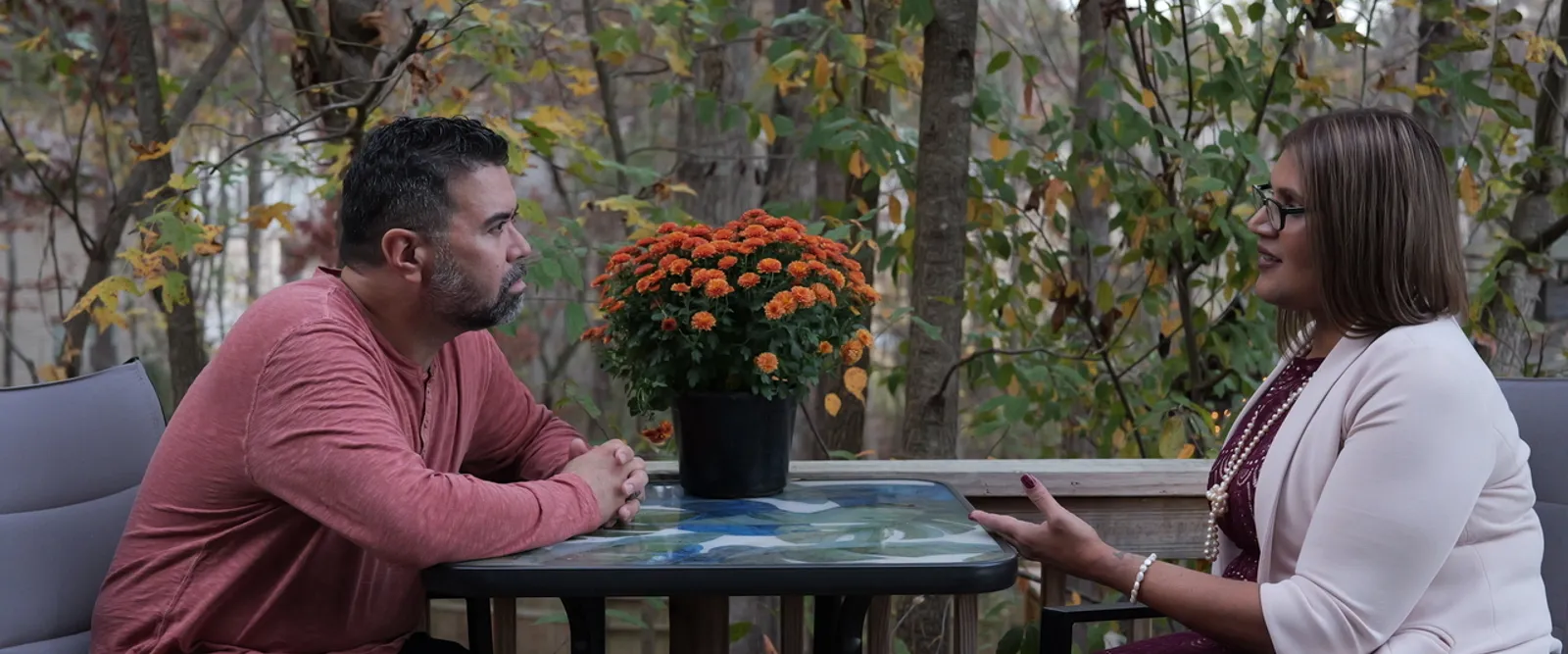Take breaks from news stories and social media
Non-stop exposure to anxiety-producing news can amp up any difficult feelings you’re already having. If you find yourself feeling worse after scrolling your feeds, do what you can to limit stressful content. You can decide to check in only at certain times, turn off notifications, or unfollow accounts that create stress and focus on ones that help you feel calm and connected.




